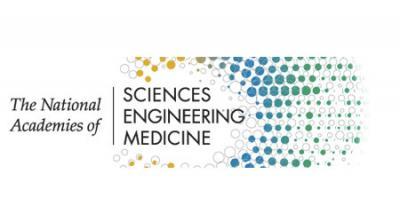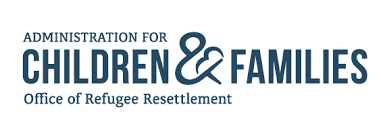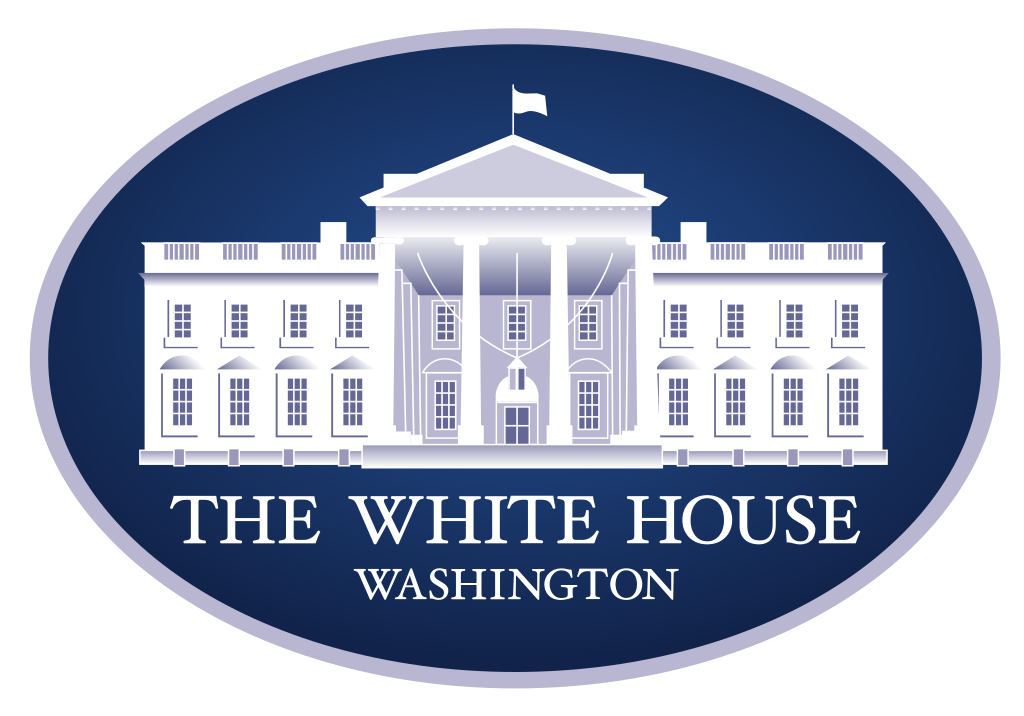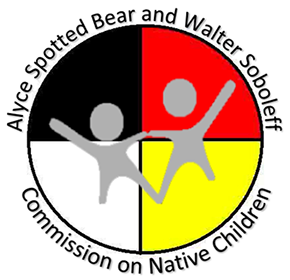A new online training from the National SOGIE Center provides information on supporting young people who identify as LGBTQ+ (lesbian, gay, bisexual, transgender, questioning, or other gender or sexual identity) during family finding and engagement processes. The free, 45-minute training provides information … Read More
Interdisciplinary

How Child Welfare Agencies Can Support Reunification
The American Bar Association’s Center on Children and the Law hosted a webinar, “What Child Welfare Agencies Can Do to Support Reunification,” on resource and foster caregivers’ roles in the reunification process. The session focused on how child welfare agencies can facilitate … Read More

The Science of Engaging Youth Lived Experience in Health Research, Practice, and Policy
Proceedings of a Workshop—in Brief INTRODUCTION There is a growing body of evidence demonstrating the value of incorporating youth voices in the development of research and programming aimed at supporting youth well-being. Participatory methods have the potential to help address … Read More

Social Media and Adolescent Health
Introduction There are over 1.3 billion young people between ages 10 and 19 in the world today, approximately 1.8 billion between ages 10 and 24, making up the largest generation of youth to have ever lived (Bustreo et al., 2022; … Read More

ORR Influx Care Facilities for Unaccompanied Children Fact Sheet
The U.S. Department of Health and Human Services (HHS) is working diligently with its interagency partners to ensure that unaccompanied migrant children are placed with vetted family members or other sponsors in the U.S. as quickly and safely as possible. … Read More

A Proclamation on National Foster Care Month, 2024
The nearly 370,000 children in foster care deserve to grow up in safe and loving homes that help them reach their full potential. During National Foster Care Month, we share our gratitude for the foster parents who show foster youth … Read More

The What, Why, and How of Collecting and Analyzing Demographic Data to Improve Equity in Child Welfare
Introduction This brief summarizes practices related to collecting detailed demographic data—such as race, ethnicity, sexual orientation, gender identity, and gender expression—and other data to measure equity in child welfare. We compiled these data practices from an environmental scan of academic … Read More

Trauma-Informed Housing: A Toolkit for Advancing Equity and Economic Opportunity in Affordable Housing
We know that when life hits us with stressful, overwhelming, or traumatic experiences, we’re more likely to bounce back – be resilient – when we have healthy ways to cope and a supportive environment. A safe, affordable place to call home … Read More

The Way Forward: Report of the Alyce Spotted Bear & Walter Soboleff Commission on Native Children
Introduction Created by Congress through bipartisan legislation, the Alyce Spotted Bear and Walter Soboleff Commission on Native Children was charged with conducting a comprehensive study of the programs, grants, and supports available to American Indians, Alaska Natives, and Native Hawaiians … Read More

Co-designing a Kin-first Culture Approach in Child Welfare – Public Service Design Conference 2023
Bloom Works and the Washington state Department of Children, Youth and Families share how they used service design and co-design to help children in the foster care system stay connected to their extended families, and overcome systemic barriers to kin … Read More
